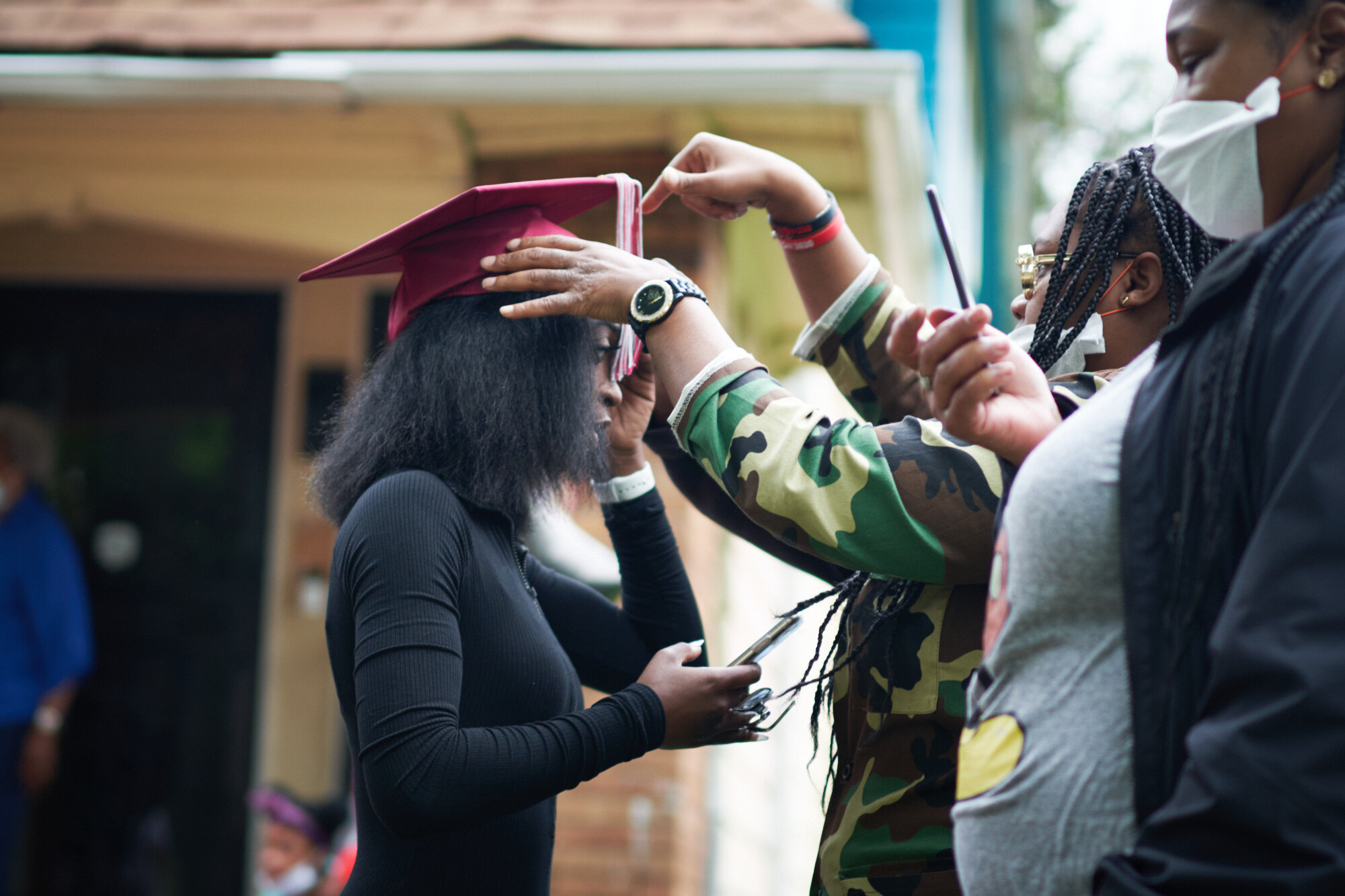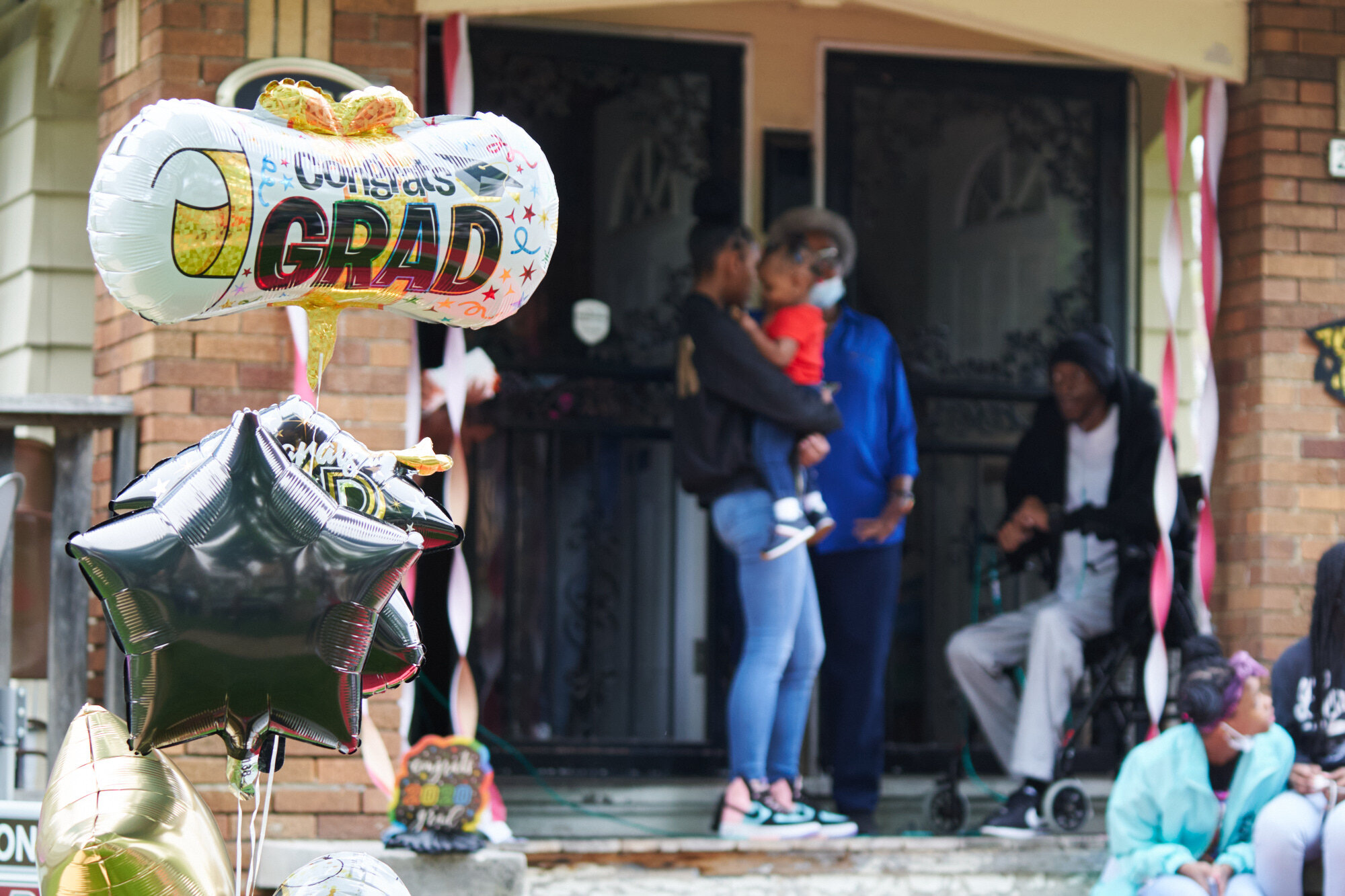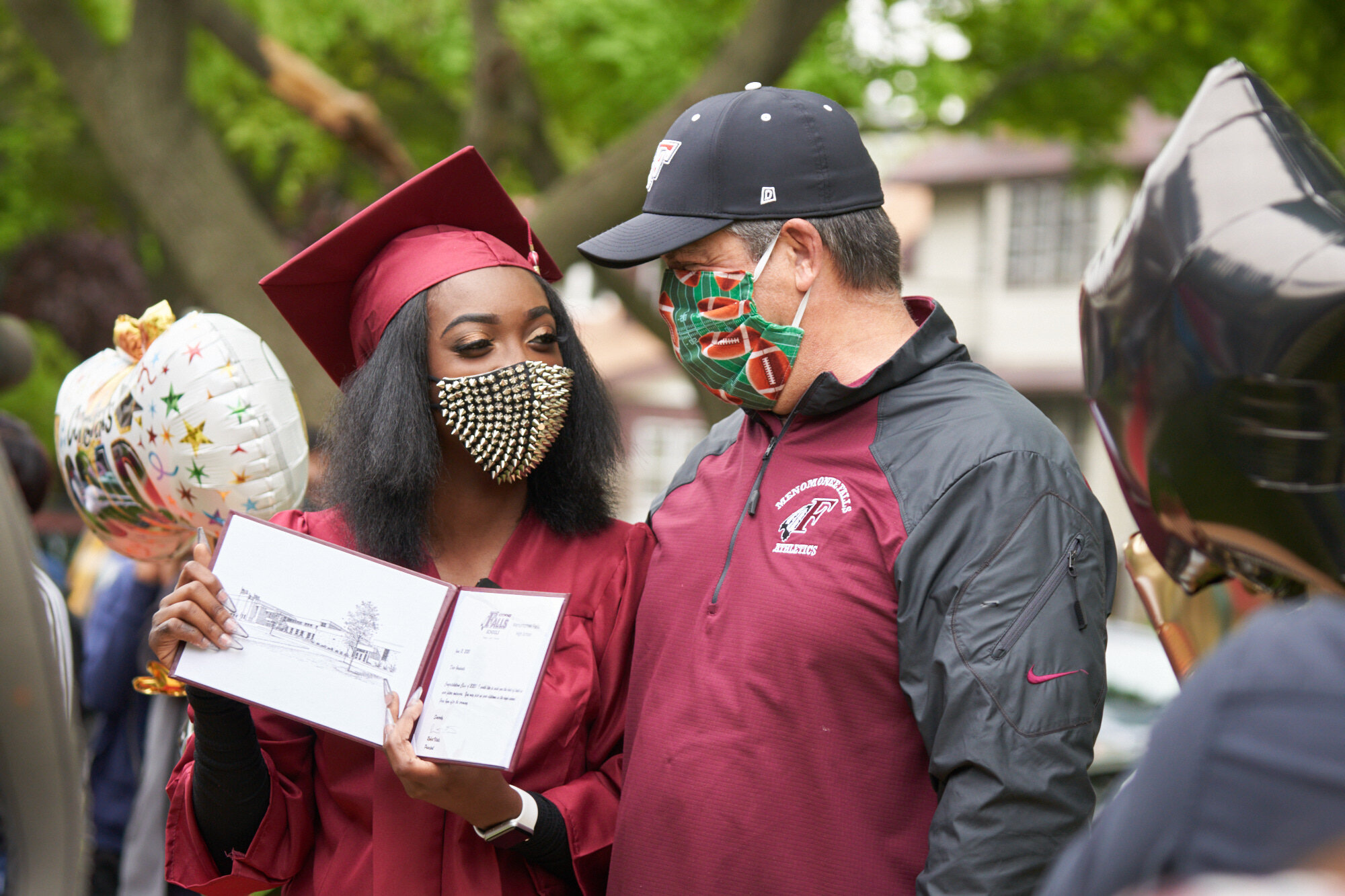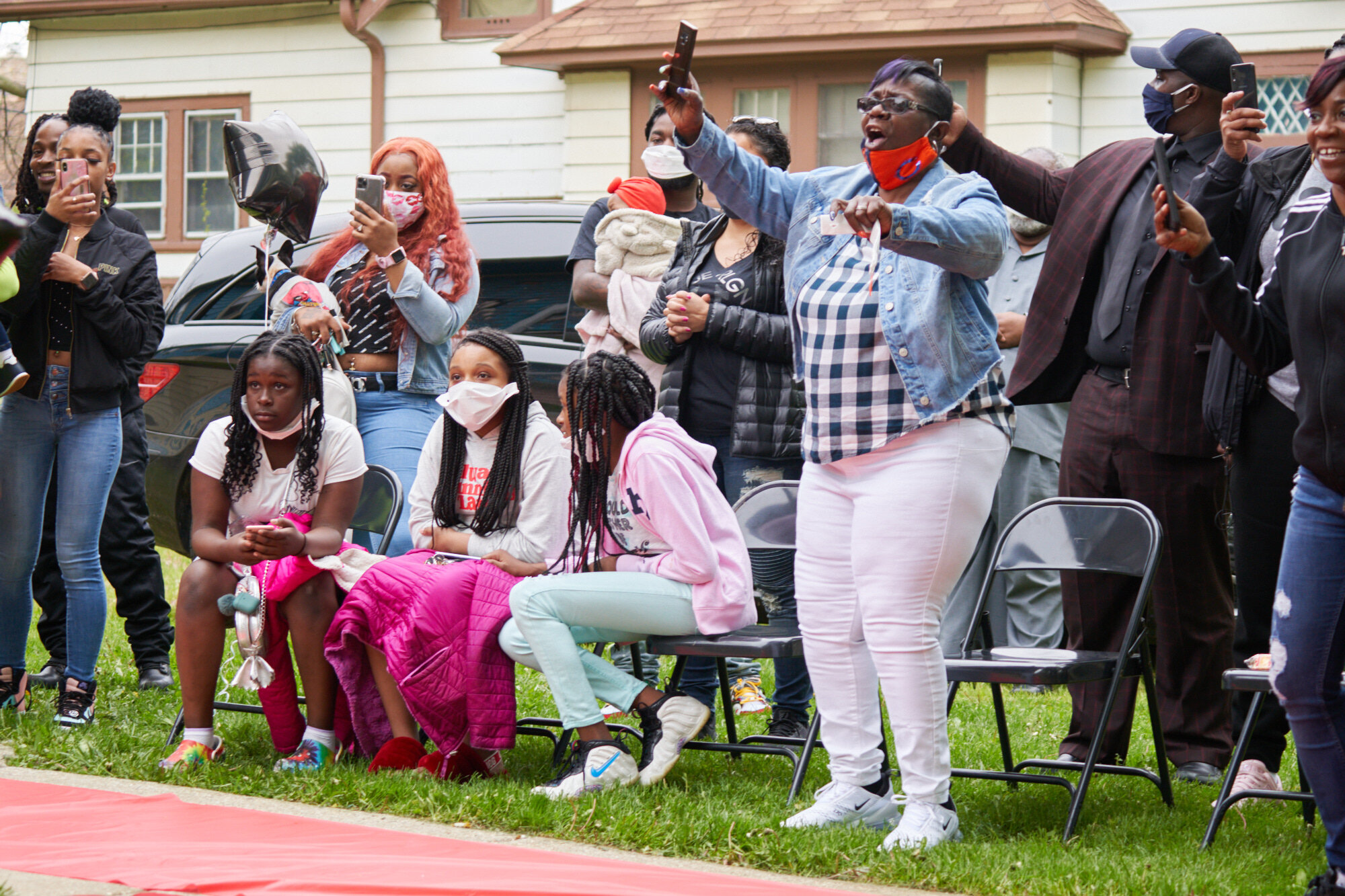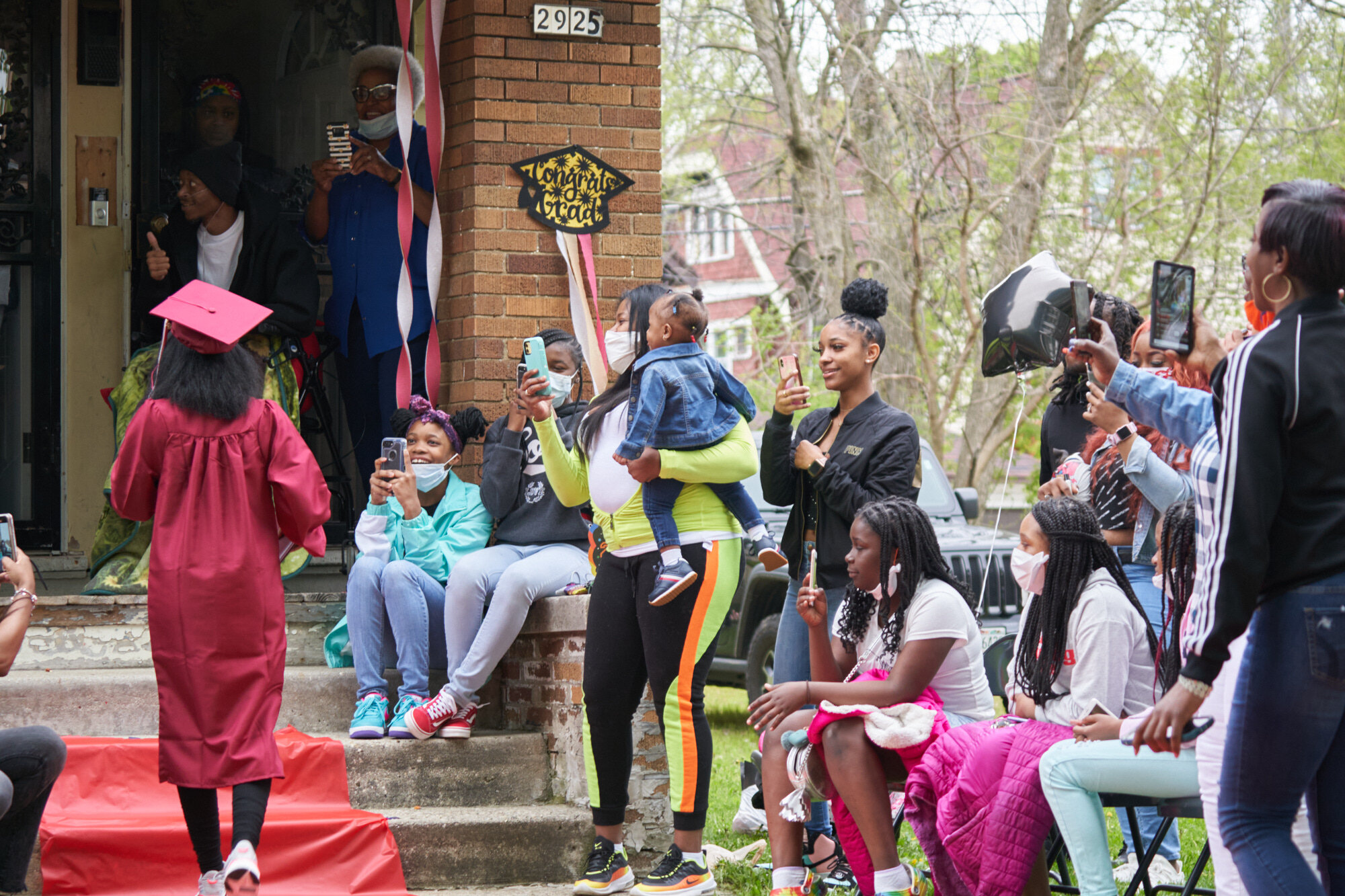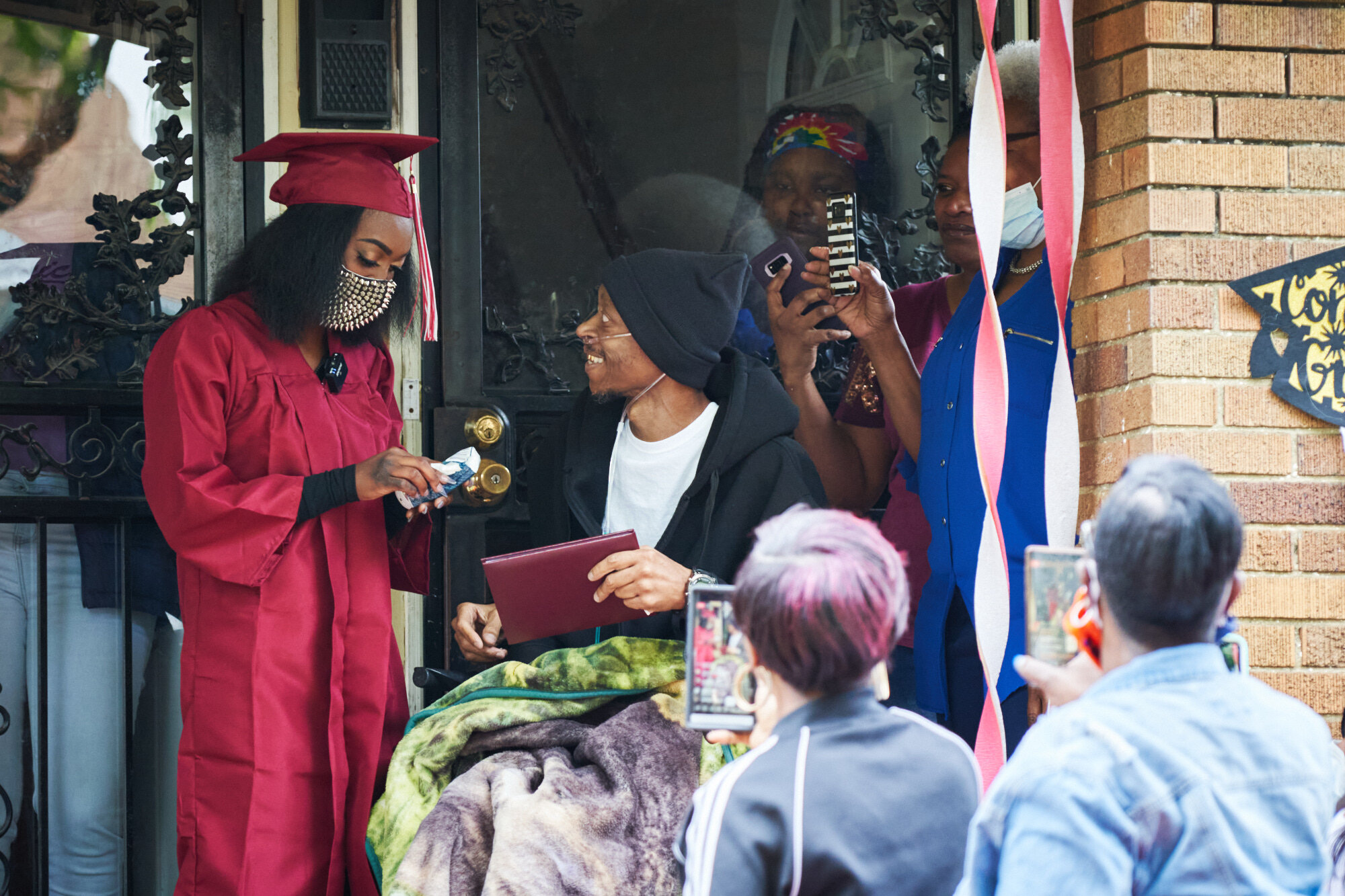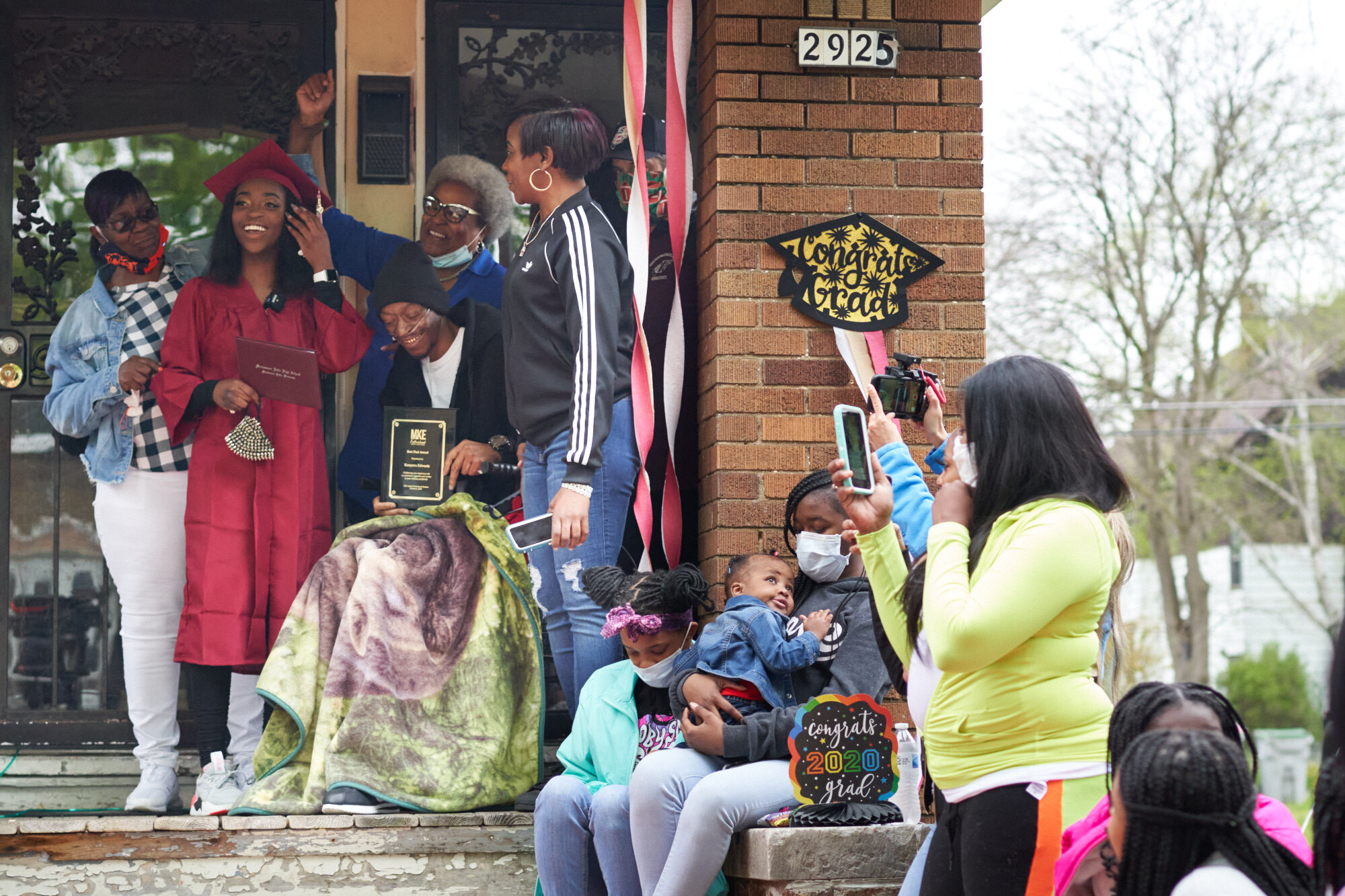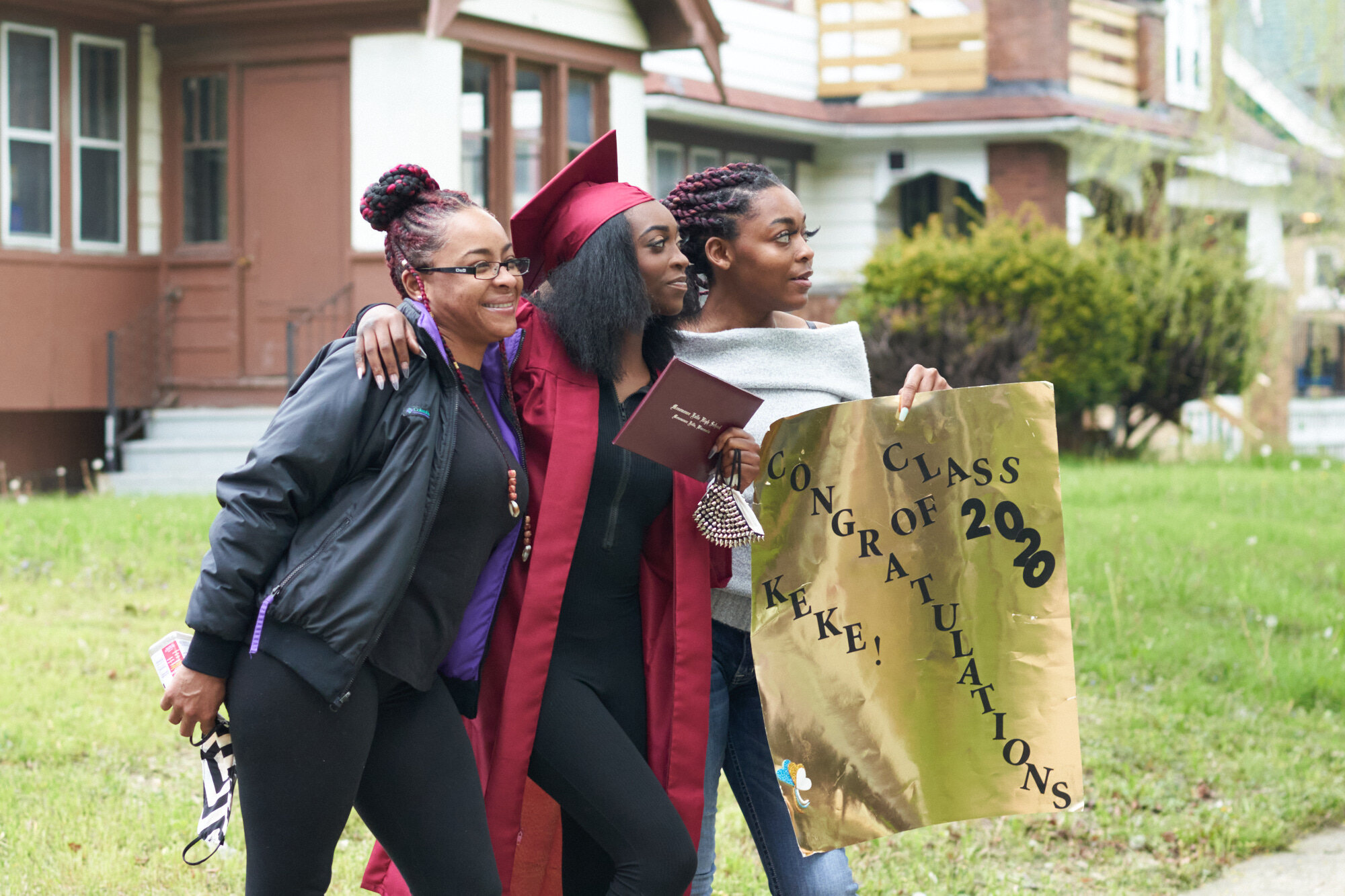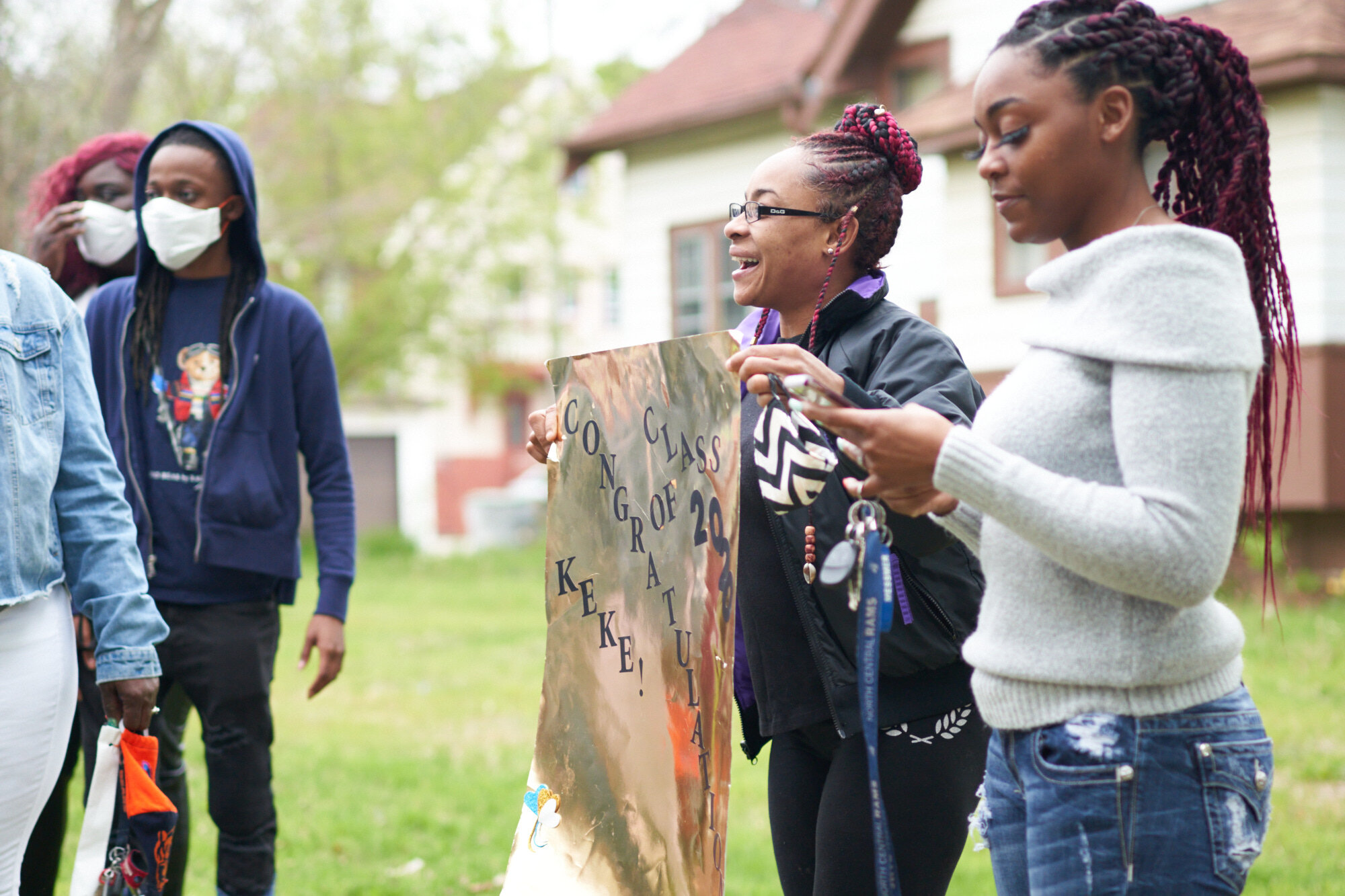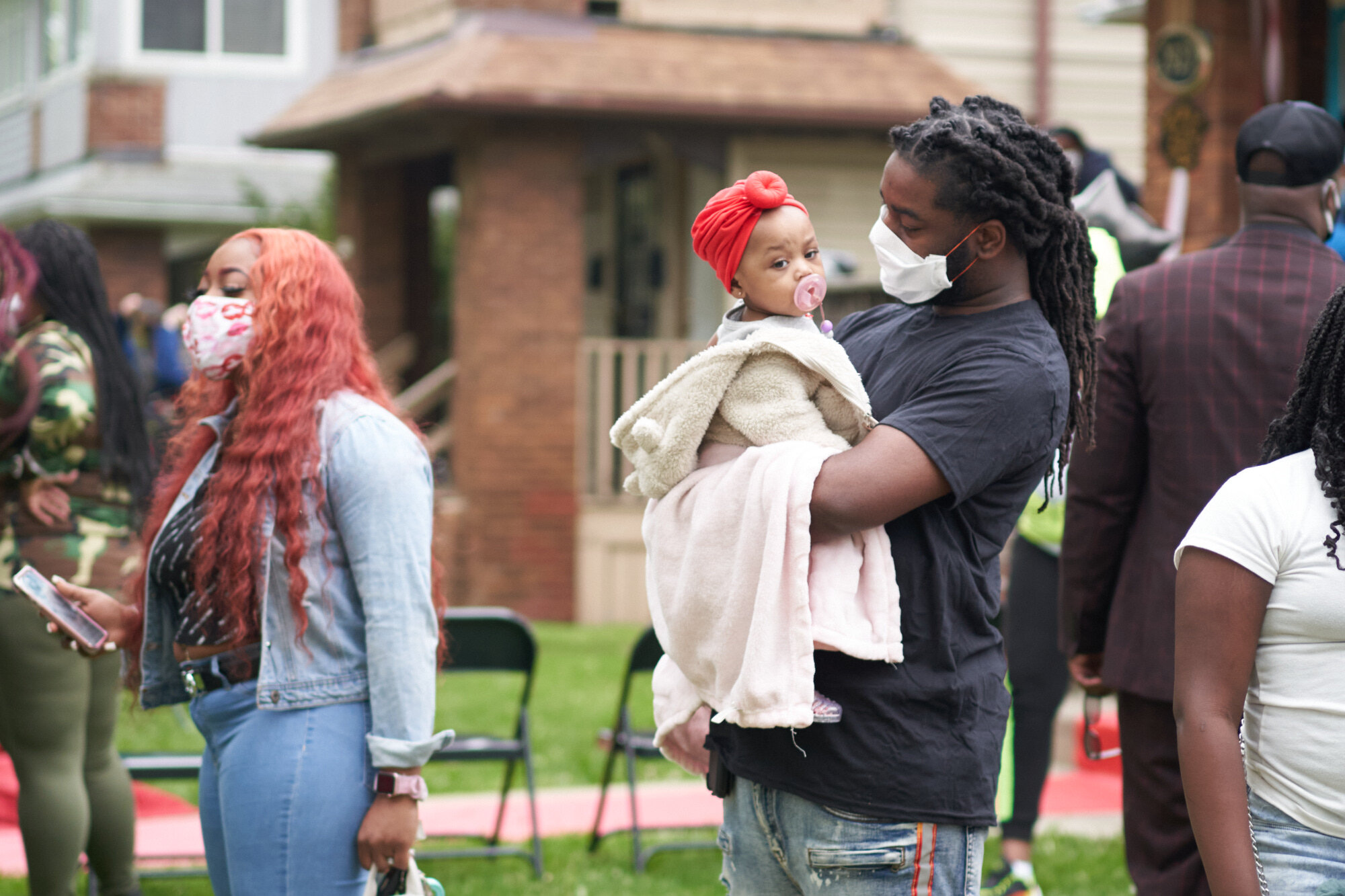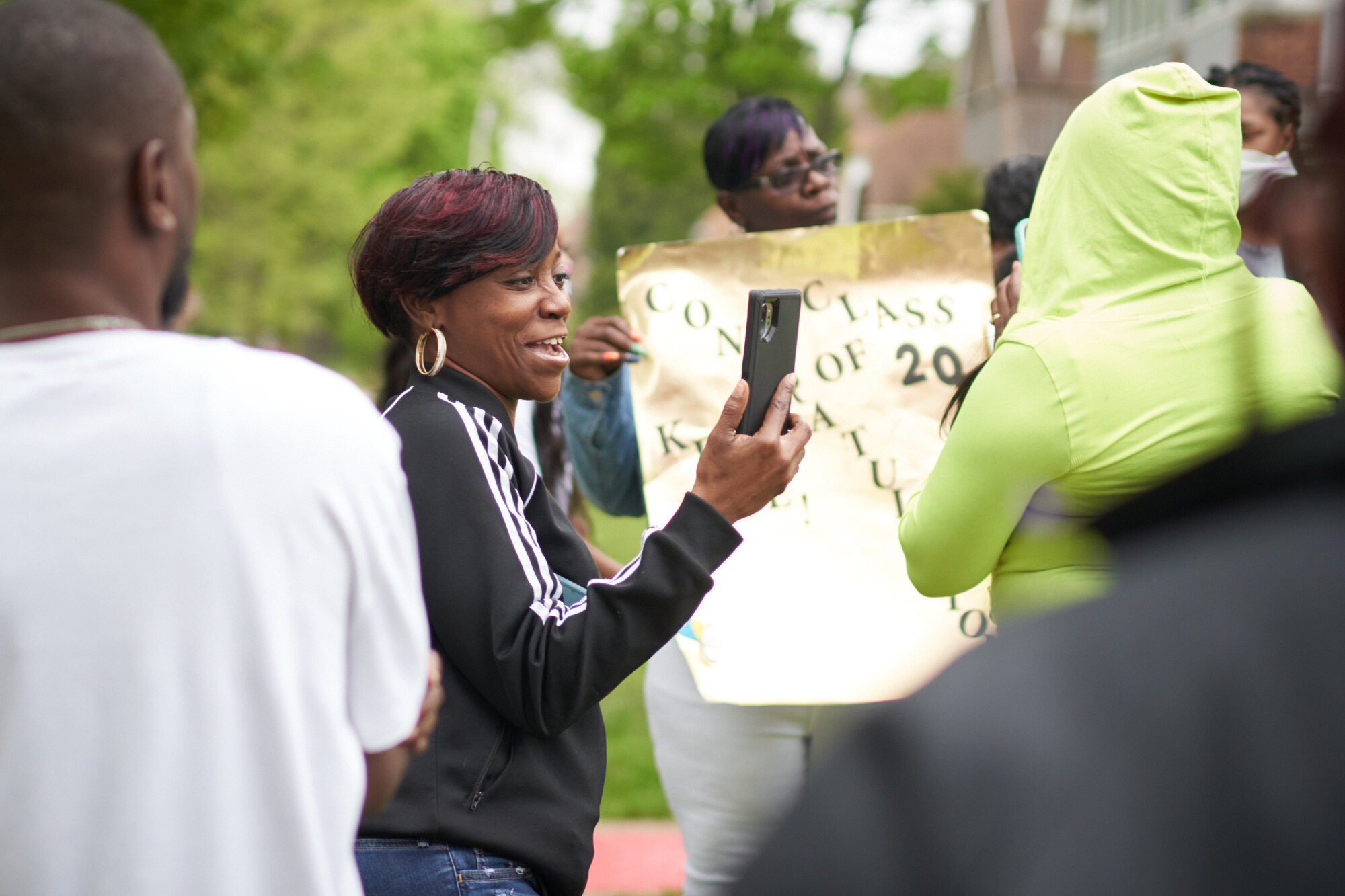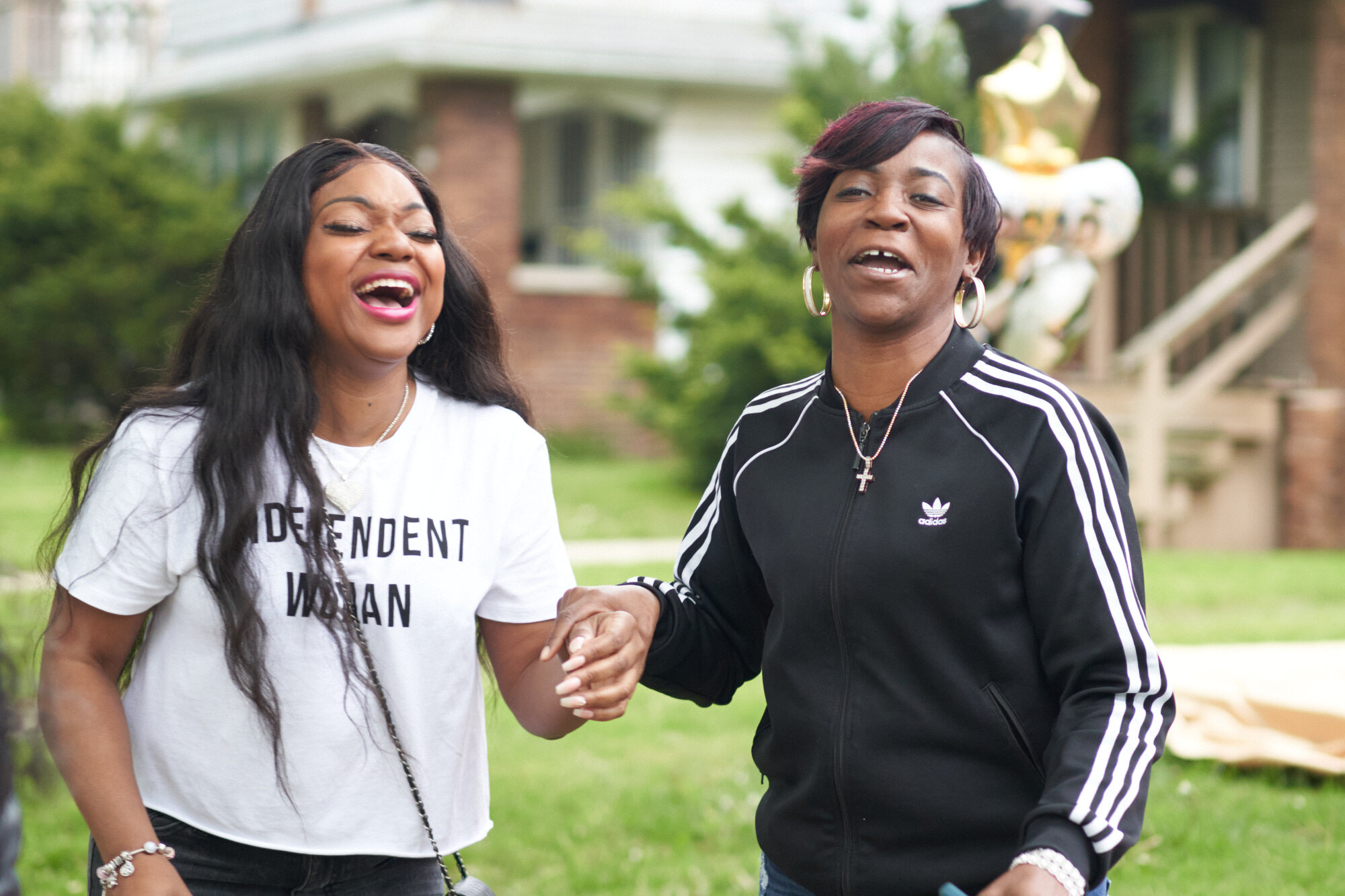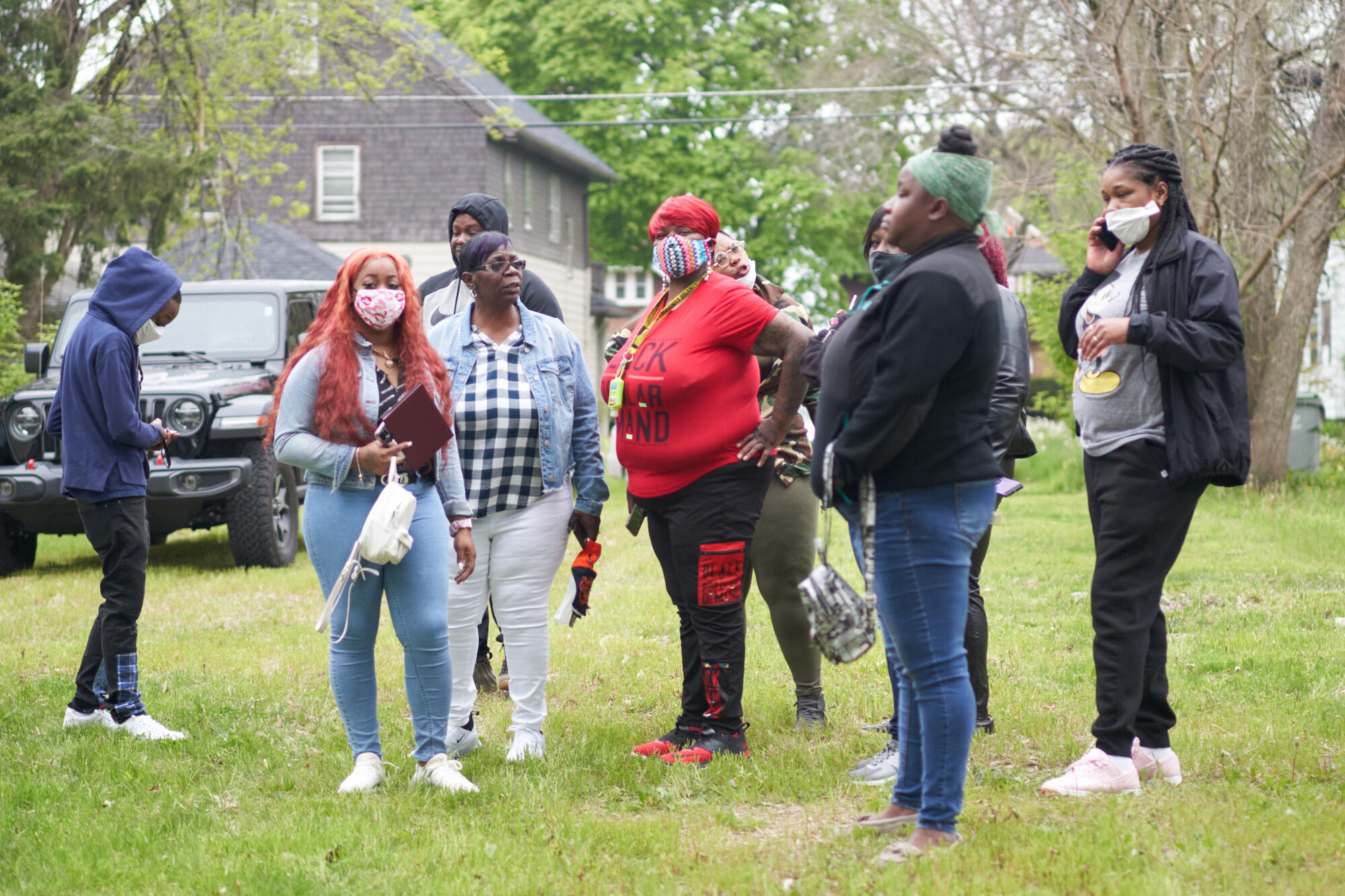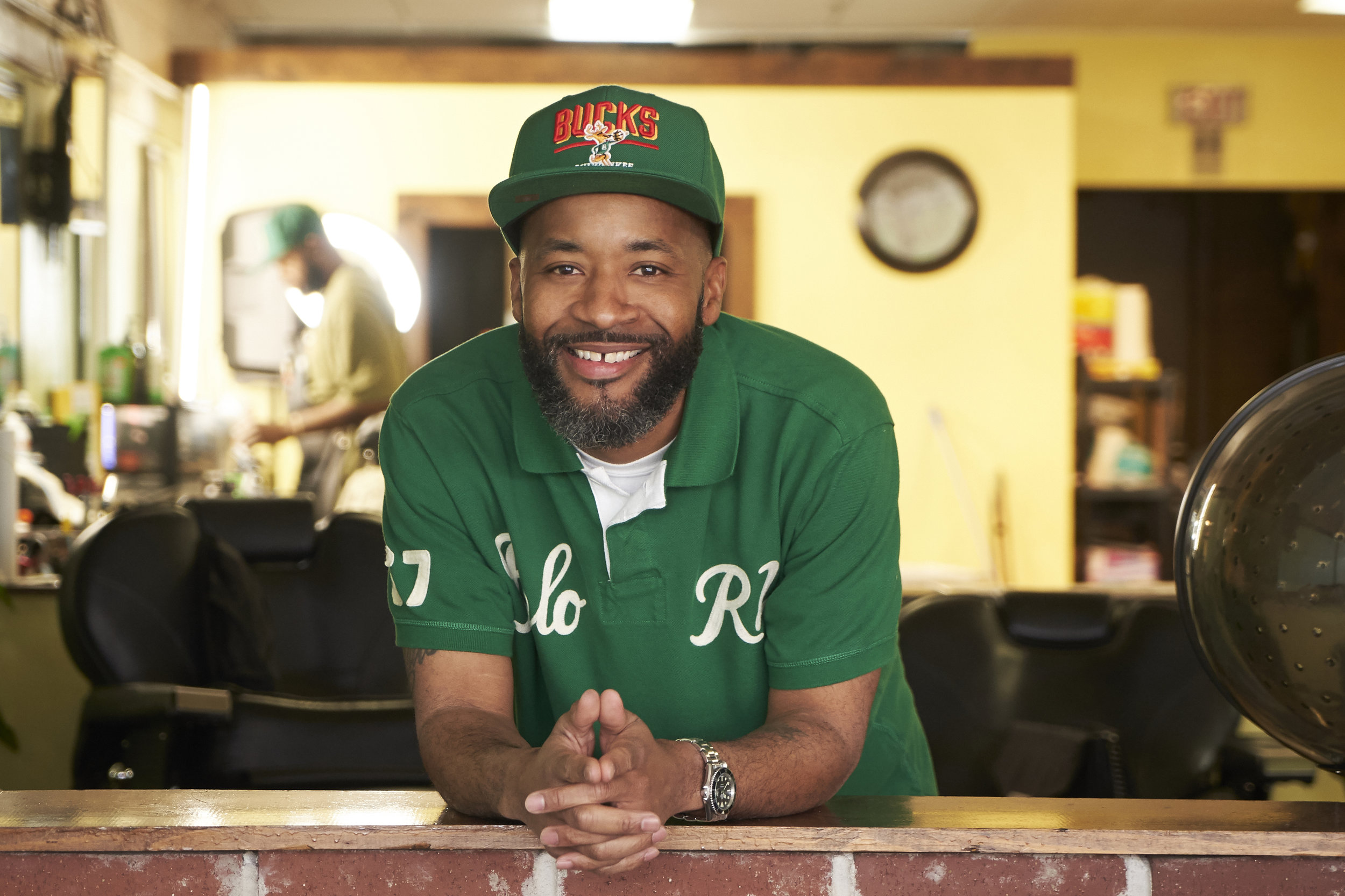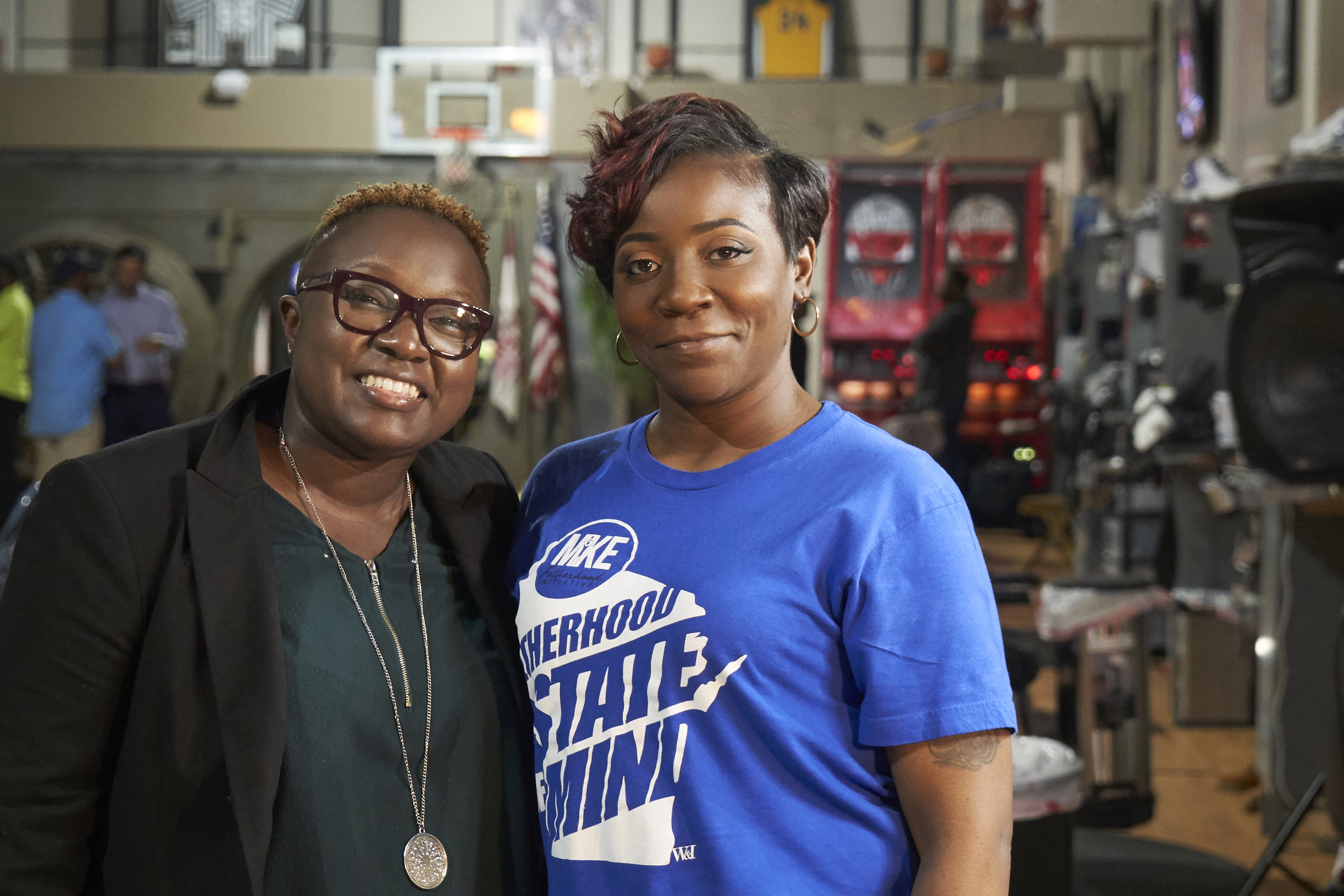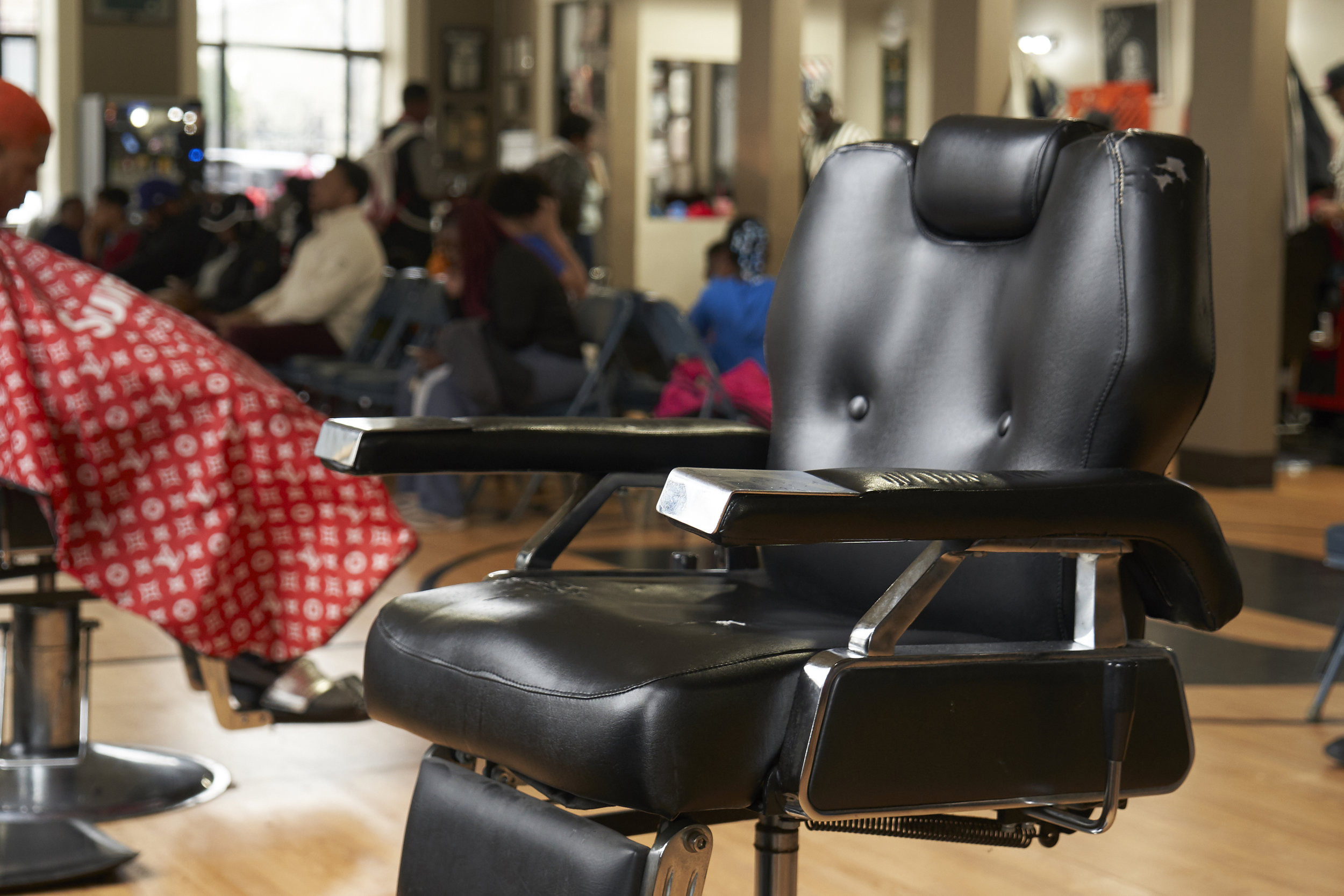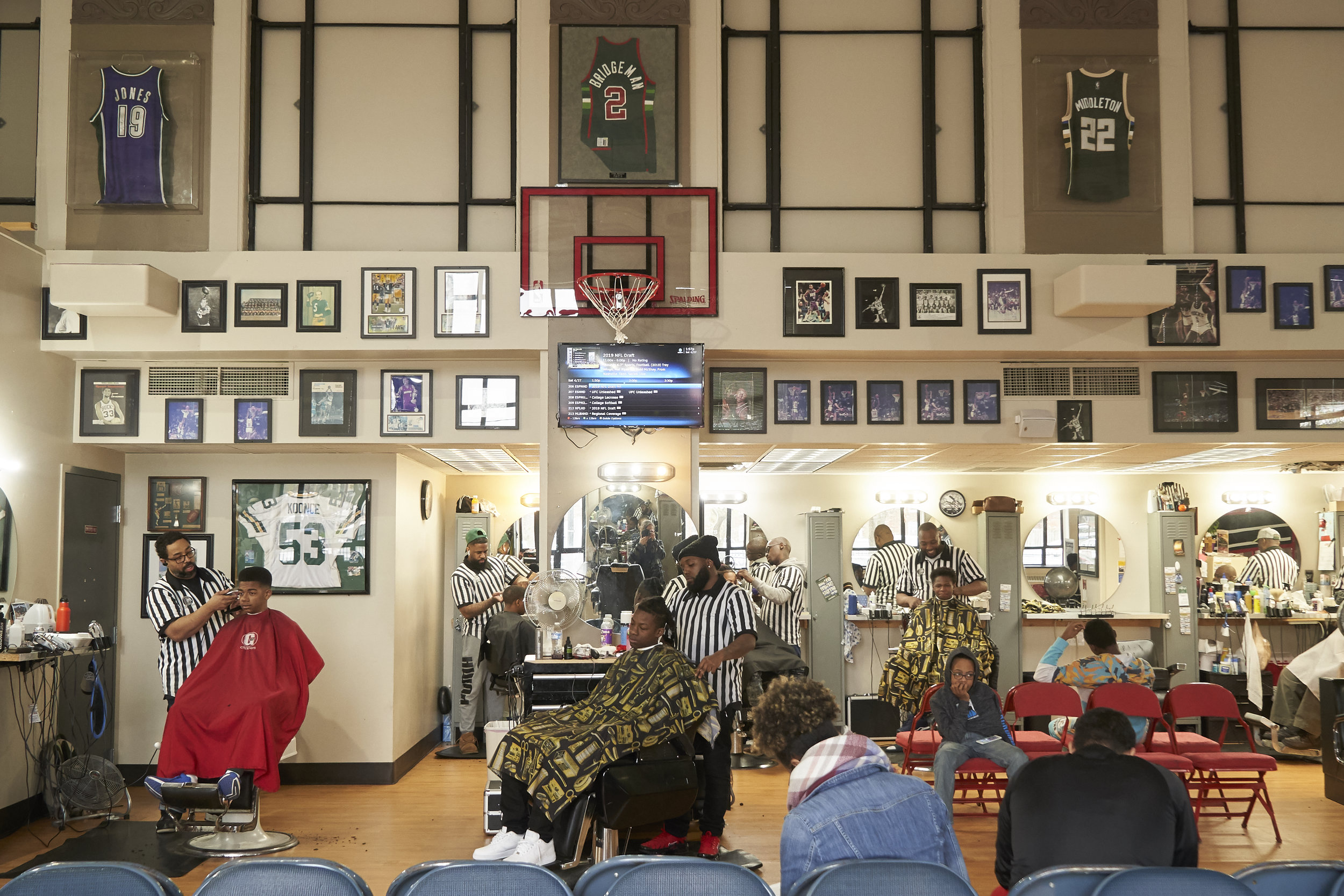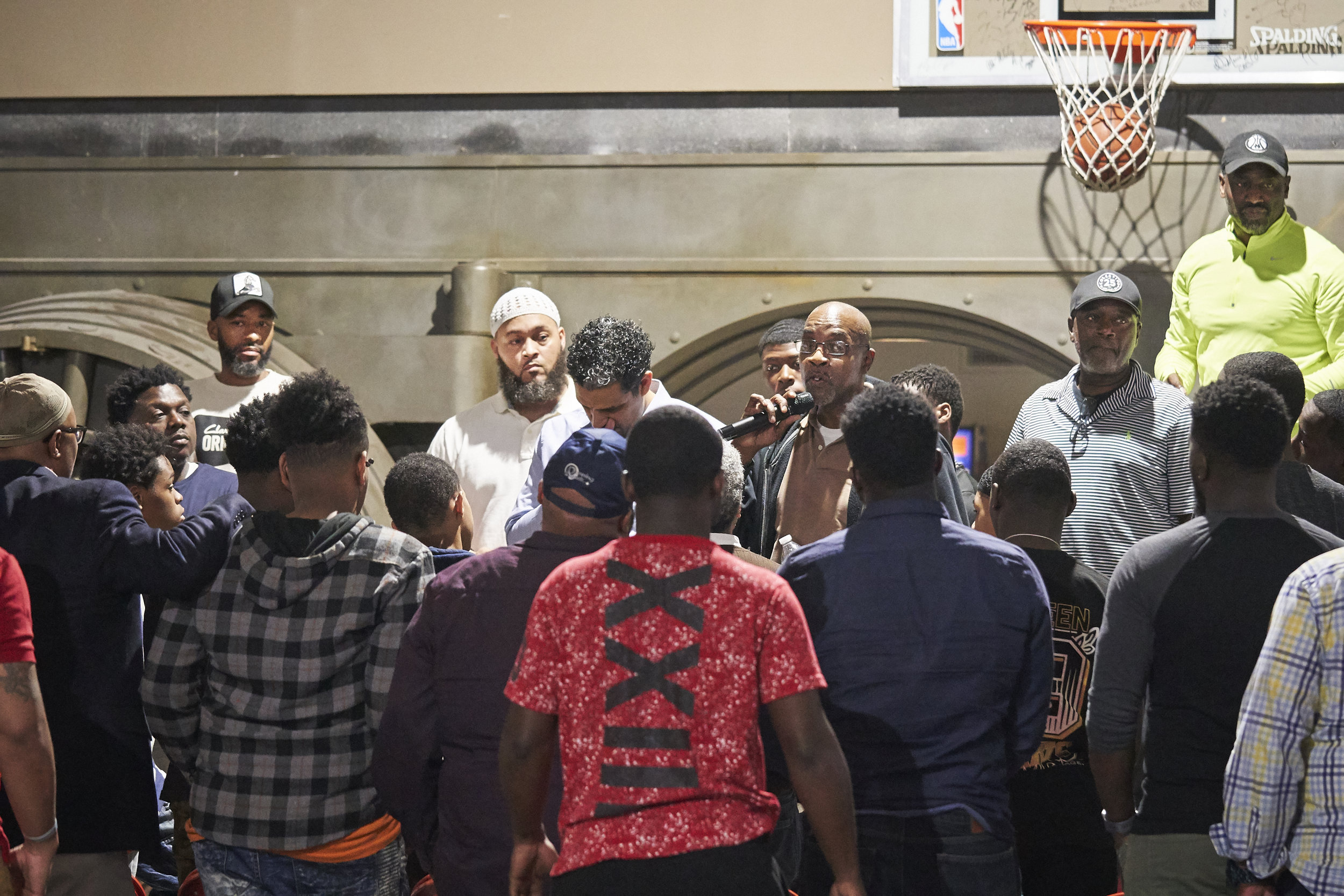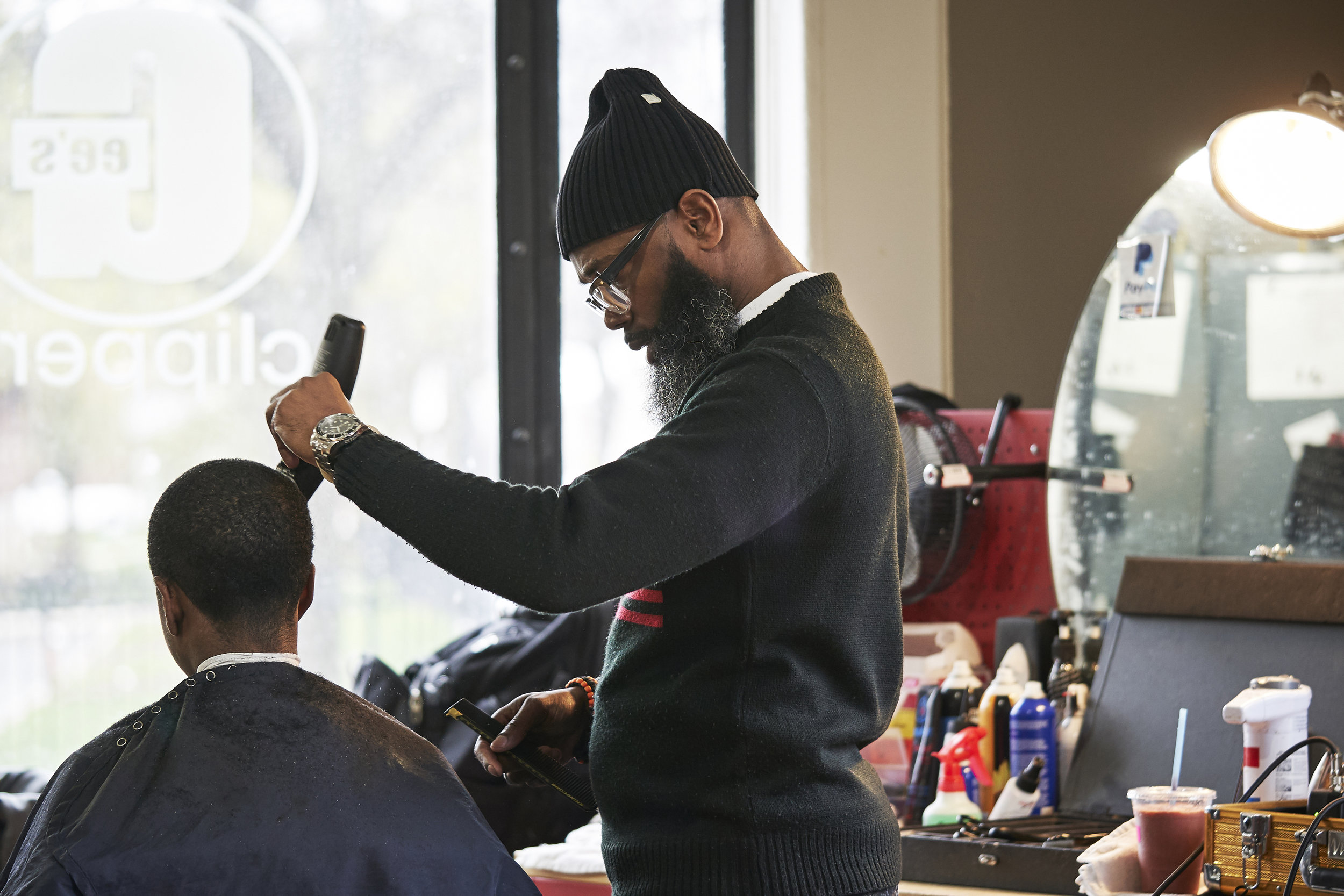In the spring of 2022, a nonprofit organization called the Indigenous Business Group (IBG) was formed by three Native entrepreneurs in an effort to help Indigenous businesses prosper and support economic growth among the tribes in the region. The three founders are Collin Price of the Ho-Chunk Nation; Zoar Fulwilder, who is Salt River Pima-Maricopa; and Rob Pero of the Bad River Band of Lake Superior Chippewa.
Collin Price, owner of B-Team Strategy and based in the Milwaukee area, sat down for an interview to discuss the development of the group. But before talking about the organization itself, it’s important to understand the challenges tribes and Native businesses owners face – and the motivation to start IBG.
There’s a growing interest among the tribes to have economic diversification, explains Price, but “one thing that hampers economic tribal development is the government structure.”
Wisconsin has 11 federally recognized tribes that are sovereign nations—all of which have their own governing bodies. Each tribe functions differently, but many tribes across the United States rely on casinos as their primary revenue source. This is because of the Indian Gaming Regulatory Act, a 1988 law that protected gaming for the tribes and established a federal gaming structure.
Finding New Resources
Despite having gambling as a revenue source, many tribes struggle to diversify their earnings because of lack of resources and capacity, remote reservation locations, and other reasons that stem from years of oppression.
The Indigenous Business Group wants to be that solution by providing a network between tribes and Indigenous business owners. Price and his co-founders have extensive connections in the business community and want to connect funders with business owners to bring in investments and foster ideas.
Price’s expertise is in relationship building and connecting the right people across the state. His background in public relations and communications at the Ho-Chunk Nation introduced him to members of tribal governments around the state and helped him understand the importance of developing trusted relationships.
The other co-founders Zoar Fulwilder and Rob Pero bring different strengths to the table. Fulwilder, the managing partner of Mavid Construction, has years of experience in the construction industry. With this expertise, he advises tribes on construction practices and is able to connect Native people to job opportunities in the field.
Rob Pero, founder of Perodigm Media and Canndigenous, has expertise in media, communications, and public relations. According to Price, he takes an aggressive approach to knocking down barriers for budding business owners.
These three ambitious entrepreneurs are using their resources and connections to offer funding solutions, support, and most importantly bring visibility to Indigenous business owners.
What started as networking meet-ups, has since grown into a strong support system. In their first year as an organization, the Indigenous Business Group hosted a conference called the Indigenous Biz Con at Potawatomi Casino this past October. This brought together Indigenous businesses, high-level tribal administrators and elected tribal officials.
“We see Indian Country just getting started in terms of business,” says Price. The organization is young, but they have big aspirations to put Native business owners on the map.
Learn more about the Indigenous Business Group at indigenousbusinessgroup.org.
This article is part of the Hero of the Month column on the Shepherd Express.



